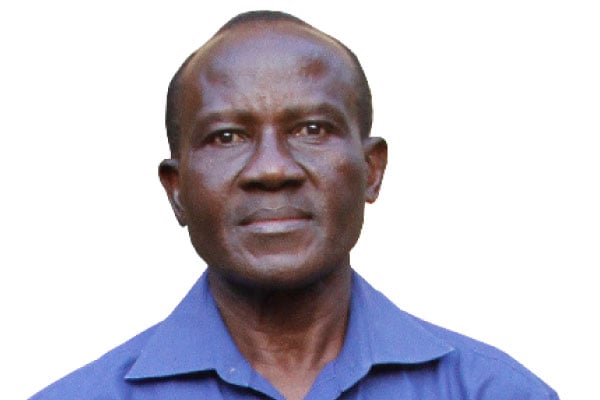Prime
Who do you pay for God’s 2023 ‘miracles’?

Author: Alan Tacca. PHOTO/FILE
What you need to know:
- Big pastors are denying the small pastors what would be their Christmas congregations.
Every November/December, all sorts of enterprises try to get a facelift and put together plans to enhance their income. Stocked items increase in volume and variety. Entertainment and advertising go into overdrive. Generally, people both want to earn more money and are willing to spend more liberally.
Without doubt, marking Jesus’ birth (by convention, December 25) and the beginning of another year, only one week apart, were originally responsible for the celebratory mood.
Today, of course, the machinations of consumerism may be stronger drivers than spiritual devotion. Now, all over the developed world, there is a sharp decline of faith. For instance, a recent survey is reported to show that more than 37 percent of Britons have no religious faith.
That is not surprising. Put aside the recent immigrants who have become British citizens; people who originally belonged to conservative societies and are still haunted by the fear of simply thinking of being a non-believer, in their previous motherlands a deadly undertaking.
To the more ‘European’ British, the main thrust of Western philosophical thought and scientific knowledge of the last 200 years could only lead to a questioning of faith in an active God.
In its incredible vastness and stunning complexity, the universe looks less and less the magical invention of a ‘tribal’ deity obsessed with being loved and worshipped.
All cultures invent their gods and worship them. When the powerlessness of those gods becomes evident, they are gradually discarded. The deity in the Christmas frame is the Abraham-inspired God. As God’s dog, I know that this greatly revered deity is in a quiescent state. He is not dead, but He is doing nothing. Definitely, He is not issuing any instructions to people claiming to be prophets.
The other day, when I heard a pastor proclaim, ‘Heaven has spoken!’, as if he had received a clear and incontestable divine communication, I laughed. It was pomposity, not prophecy; a grandiose pretence by which he was scheming to catch more of the season’s money than his fair share.
What is his fair share?
If you sniff around, you would know that churches, big and small, would be glad to collect whatever cash offerings their congregations can bring in on Christmas Day, when church attendance is highest, and on New Year’s Day. Easter is the other big event.
Rather like some retail and entertainment enterprises, many of these churches depend on this season to be energised, and to break even for the year.
If the archbishops at Rubaga, All Saints, or indeed the bishops at any other see, devised to lure believers away from their local churches to the cathedrals, or to rented football fields where these bishops were promoting themselves and collected all the money, those bishops would be enemies of their own faith, undermining the parishes.
Sounding well-meaning, but ruthless, Uganda’s more established (and richer) Pentecostal pastors now habitually devise and put together packages around a dubious neo-pagan end-of-year celebration that they hype above the traditional Christmas and New Year’s Day.
Some of our poor and emotionally vulnerable people are sweet-talked to save through two months and envelope the money, together with a written appeal for God to act on during the following year, and to physically carry those envelopes to specially prepared mega-worship centres.
Well, as God’s dog, I know that God will not read or act on those appeals. Instead, the big pastors are cunningly denying the small pastors what would be their Christmas and New Year’s Day congregations – and their offertories.
Alan Tacca is a novelist, socio-political commentator.




